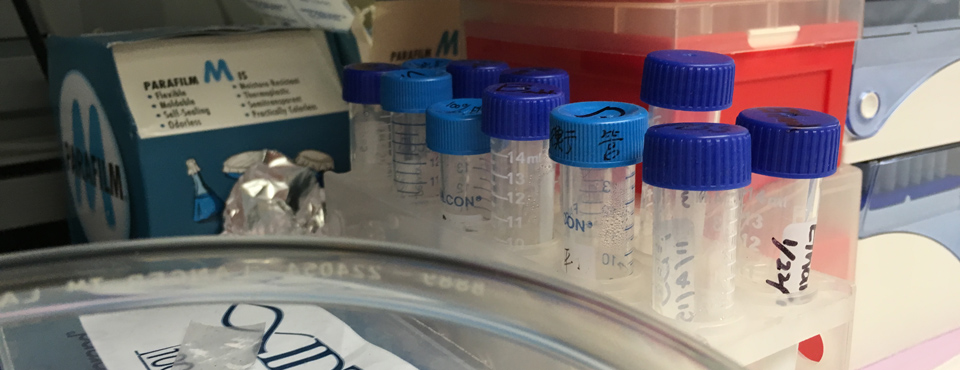The health of pets is a top priority, and ensuring their well-being requires effort. Pet health labs are essential tools in preventing diseases for domestic pets.
In this discussion, we’ll explore the benefits of testing for dogs and cats and highlight the most common exams.
Understanding Pet Diagnostic Centers
Veterinary laboratories offer diagnostic solutions for evaluating pet health. Vets rely on their findings to develop effective treatments.

How it works usually includes:
- Gathering biological samples: Tissue or fluid samples are gathered during visits.
- Sample examination: Specialized tools and methods conduct the tests.
- Analyzing findings: Insights guide care plans for effective health management.
Key Diagnostics for Pet Health
Diagnostic exams are tailored to pet needs to monitor overall health. Key lab services include:
- Biochemical screens: Identify infections.
- Urinalysis: Identify dehydration.
- Digestive system evaluations: Monitor intestinal health.
- laboratório veterinário são josélaboratorio necropsia veterinaria
- Allergy panels: Diagnose food or environmental allergies.
- X-rays and ultrasounds: Detect tumors or growths.
The Benefits of Veterinary Testing
Frequent health checks is key to keeping pets healthy. Through these tests, your pets stay healthier longer.

The importance of routine exams include:
- Longer, healthier lives: Recovery chances improve.
- Lower medical expenses: Prevention saves money in the long run.
- Knowing your pet is well: Regular tests keep you informed.
Why Testing Matters for Dogs and Cats
Pet health labs provide the foundation for accurate diagnoses. By using these valuable resources, you give them the care they deserve.
Start their journey to better health today and help them live their best lives!
Comments on “How Veterinary Diagnostics Safeguard Pet Health”